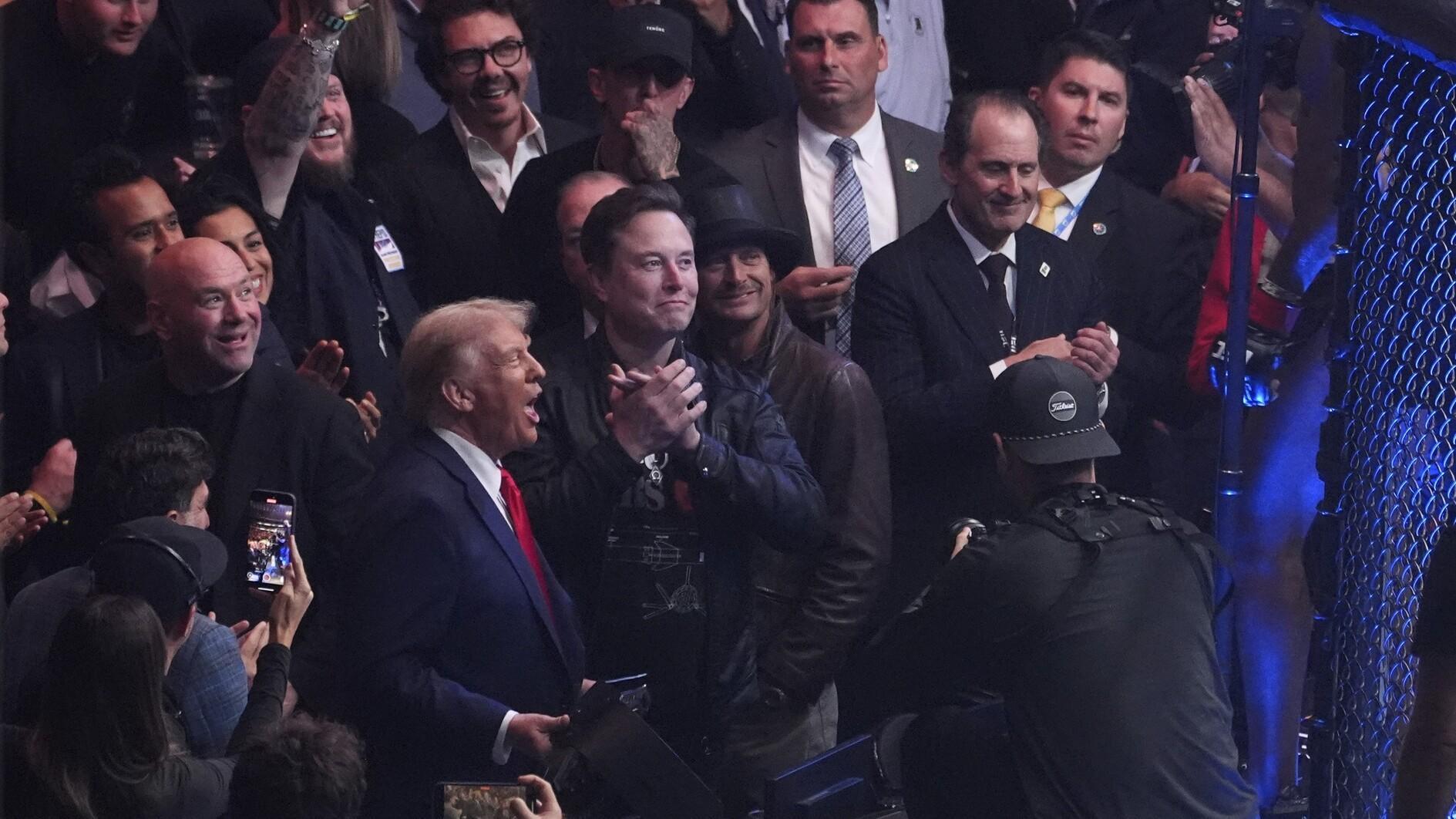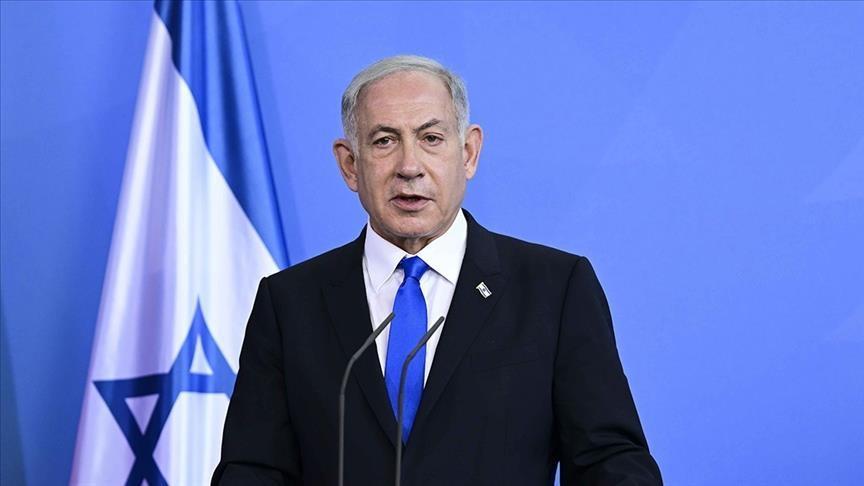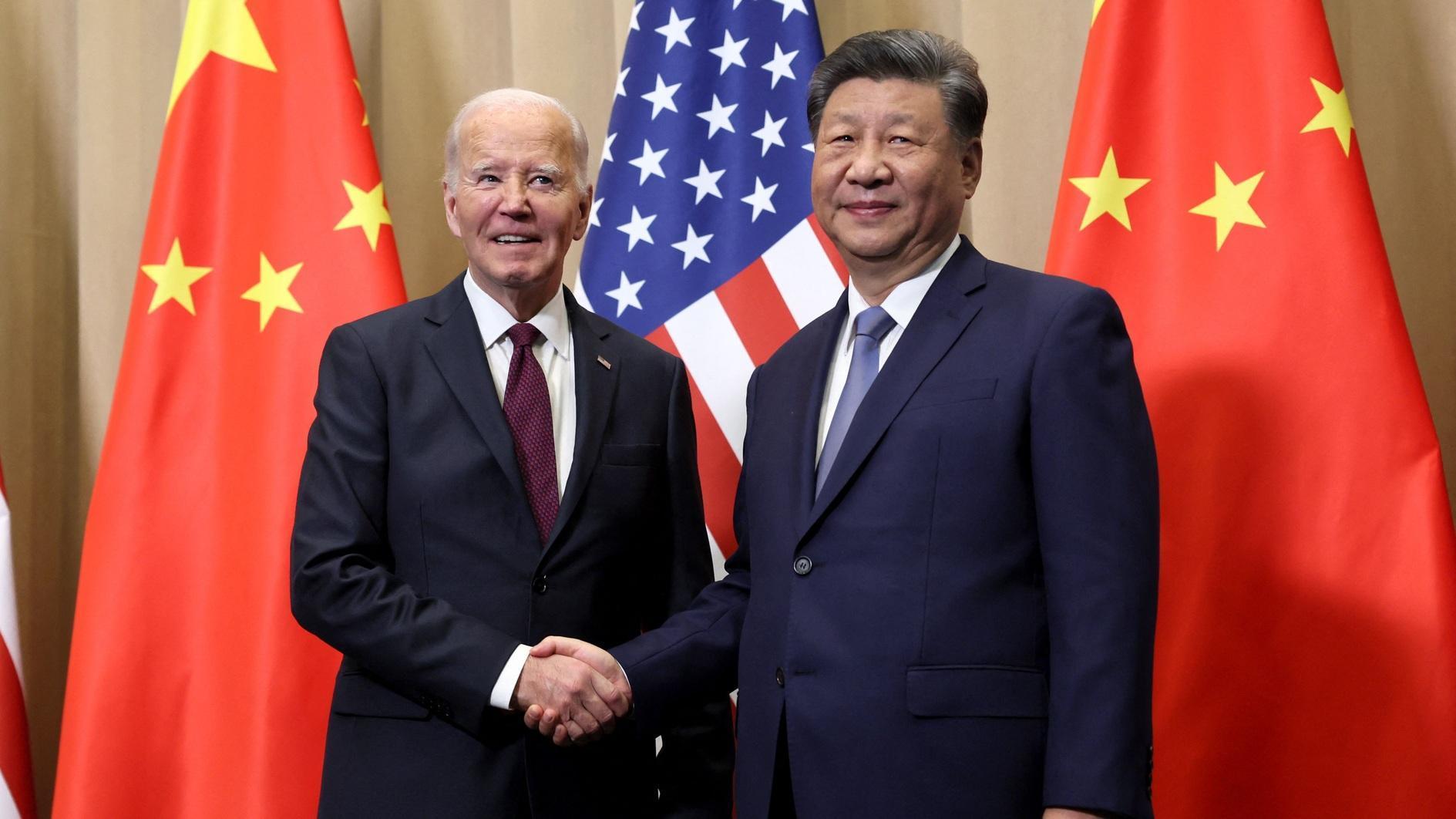Erdoğan’s confused notion of diversity
Now that elections are near, Prime Minister Recep Tayyip Erdoğan has put on his “wisdom hat” again and is saying things that are correct. But how convincing is he? Take his address in Istanbul on Nov. 30 into the “Innovation Week” conference when he was addressing a crowd of mostly young people.
“A society, a country where everyone thinks the same cannot produce new ideas. A society that has standard identities and standard brains cannot go forward and become a leader.”
This is what Erdoğan said and few sensible people would disagree with him. It is not hard to guess, however, what the first thing to spring to many minds was on hearing these words.
“All that is very well but go and tell it to the Gezi Park youth that was beaten by your police because it does not want to think or be like you.” But Erdoğan clearly draws the line when it comes to this portion of the youth, referring to it as “çapulcu,” a worthless pillager.
Look at the social profile of the average Erdoğan supporter. Then consider the very European profile of the average “çapulcu” and it does not take long to see which side represents diversity, creativity and innovation.
On reading Erdoğan’s remarks, one could not also help but remember what his own minister for the environment and urban development, and namesake, Erdoğan Bayraktar was reported to have said back in August.
The daily Radikal quoted Bayraktar on Aug. 6, pointing out that “Turkey is a 99 percent Muslim country with a set social structure that comes from history,” and going on to suggest this was the reason it could not produce inventors, but only intermediary or support personnel.
Those reading Bayraktar’s remarks understood him to be saying Turks could not become inventors, because of the uniformity Islam has come to represent, killing the creative and inventive spirits.
It is not right, and highly contentious, of course to claim that Islam is not capable of producing inventors and innovators. This is a civilization that has produced great thinkers, mathematicians, astronomers, cartographers and so on.
It is also a fact, however, that radical proponents of Islam have, throughout history, pulled the carpet from under progressive Muslims who did think and act differently and who were creative and inventive in spirit.
Muslims boast today about Islam having produced an Ibn Sina (Avicenna), an Ibn Rushd (Averroes), an Ibn Khaldun or an Omar Khayyam. But how many Muslims really know what these great thinkers, who are also revered in the West, really thought and taught?
Bayraktar tried to explain himself later by arguing his remarks were taken out of context and reduced to this simple interpretation out of bad faith. “In my address, I tried to call on young people and to say to them that we have to work and produce much more as Islamic societies” he said after his initial remarks caused controversy.
Islamists, nevertheless, have to find honest answers as to why so much of the Islamic world is underdeveloped, and incapable of coming up with the creativity and innovative solutions that would carry it to the modern world of democracy, equality and respect for human rights, as well as economic development and social advancement.
For a society to be truly diverse and innovative the way Erdoğan is exhorting now, young people have to be respected and encouraged in ways one rarely sees in Islamic societies. This is where the crux lies.
The same Erdoğan who is now saying that “A society that has standard identities and standard brains cannot go forward” also said not so long ago that he wanted to see a religious youth emerge in Turkey, which means a standard Islamic youth subscribing to one world view.
Like his understanding of “democracy” Erdoğan’s understanding of “diversity” also appears to be confused and out of touch with his own actions and past remarks, and that is why he is ultimately unconvincing.











